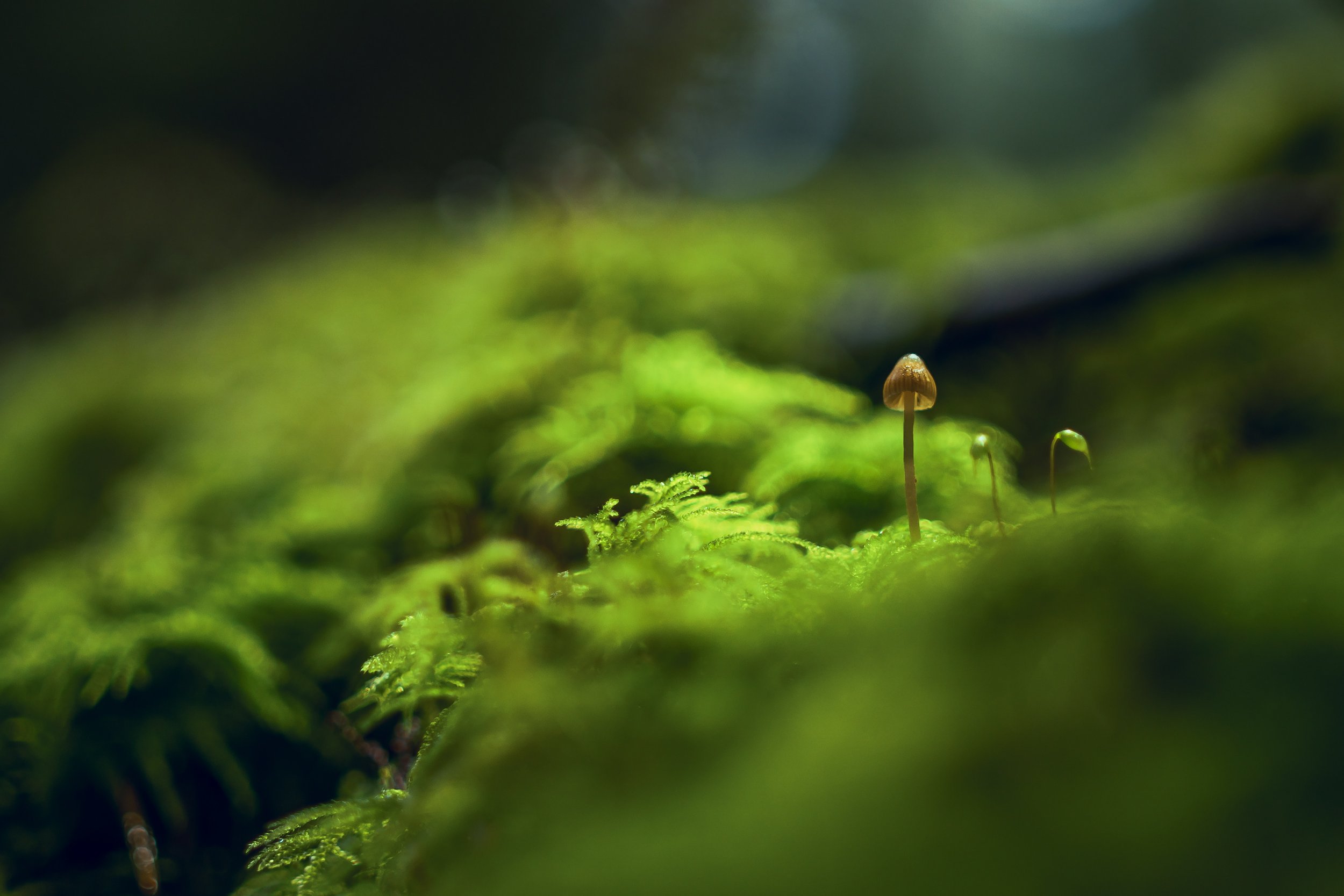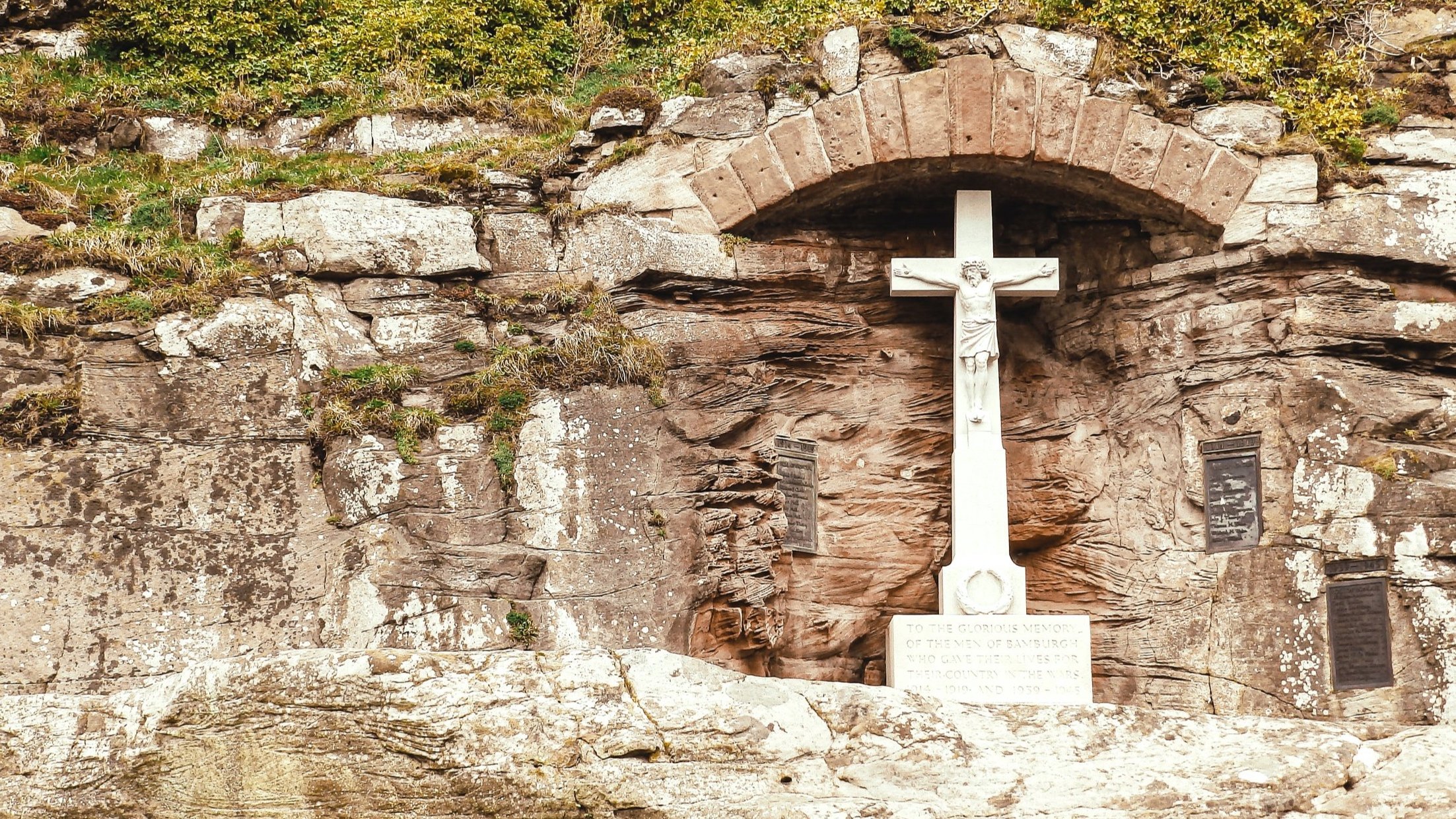
New Creation
December 31, 2021 | By Sharla Moody BK ‘22
The science fiction of the first half of the twentieth century appears much more optimistic than what we see today. This optimistic sci-fi can perhaps be best exemplified by Hanna-Barbera’s 1962-1963 cartoon The Jetsons, which imagines what life might be like in the year 2062. The Jetsons drive a flying car, live in an ultra modern city built in Earth’s atmosphere, and exist as a happy nuclear family.
December 31, 2021 | by Amelia Dilworth BR’23
The Pruitt-Igoe housing projects sink into the ground one broken window at a time, sections of buildings falling in waves like rows of wounded soldiers faltering to their knees before collapsing in the rubble. Smoke rises from the ground, the same color as the crumbling gray walls. Apartments lay in the rubble ripped open like carcasses. Half-exploded buildings kneel in the remains of their brothers, awaiting destruction.
This is St. Louis, Missouri. America is bombing its own city.
December 31, 2021 | By Raquel Sequeira TD ‘21.5
Professor Demetrios Braddock specializes in Hematopathology (diseases of the blood) at the Yale School of Medicine, where his lab studies a group of proteins that are crucial for the proper development of bones. Loss of one of these proteins in a rare genetic disease leads to hard, bone-like formations in arteries and blood vessels, resulting in death shortly after birth. Professor Braddock created a treatment for this disease by designing a new protein to replace the lost function. I spoke to Professor Braddock about his work—both a scientific and a Christian vocation of creation. The following interview has been edited for length and clarity.
December 31, 2021 | Shi Wen Yeo MC ‘23
The famous English poet John Donne is said to have been so afraid of and obsessed about death that he, on multiple occasions, rehearsed his death by lying still in his hearse and having someone paint the dead likeness of him. Indeed, he was a poet of the English Renaissance, characterised by his polemic attitudes—in his youth, he wrote many famous erotic love poems yet moved to somber sermons in adulthood, and he even converted from the “salvation through works” Catholicism to “faith and works” Anglicanism to become an important preacher in the Church of England. Ostensibly, he was a troubled figure, full of personal vacillations and characterised by contradictions—not unlike many Christians today.
December 31, 2021 | By Shayley Martin DC ‘22
In books and movies, immortality is generally a bad thing. We watch characters strive for it only to discover that life goes sour if prolonged. Even aside from practical issues like overpopulation and resource depletion, there’s a prevailing idea that human nature can’t stomach living forever. The end of a Netflix series called The Good Place captures this well: the occupants of paradise become so bored with the afterlife’s never-ending stream of pleasures that they rejoice when finally offered a chance to vanish from existence. The show concludes that fleetingness gives life its meaning.
December 31, 2021 | By Justin Ferrugia TD ‘23+1
Affliction plays a complicated role in the Christian worldview. We are naturally predisposed to fear it. Pain, suffering, and danger elicit some of the most profound physiological responses in all animals. Human beings, however, are unique in our ability to reason with, deeply understand, and rationally attempt to avoid affliction in our lives. The gift we possess to relate rationally to the world around us magnifies our ability to deeply understand and be impacted by our afflictions.
December 31, 2021 | By Hannah Turner, BK ‘23+1
The concepts Karl Marx did not grasp led to the downfall of communism, but may also lead to the magnification of our societal understanding. He believed that there must be an enlightenment of the proletariat for the realization of the bourgeoisie’s exploitation of them. A revolt would follow. Finally, once the proletariat is in control of the state, a communist society would be born. Everyone would live, “from each according to his ability, to each according to his need.”








December 31, 2021 | By Ben Colón-Emeric TD ‘22
Everywhere along the paths of Trail Wood wildness seems near at hand. But nowhere else do we feel so remote from the world as here beside this woodland brook as it traces its serpentine course among the mosses and ferns and trees. So wild does this setting seem that one August day I even brought along an aluminum pie tin and at the little gravel bar above the ford panned for gold.
– Edwin Way Teale, “A Naturalist Buys an Old Farm”